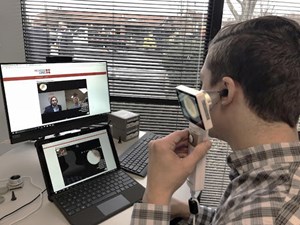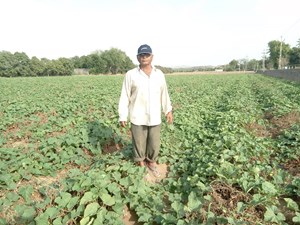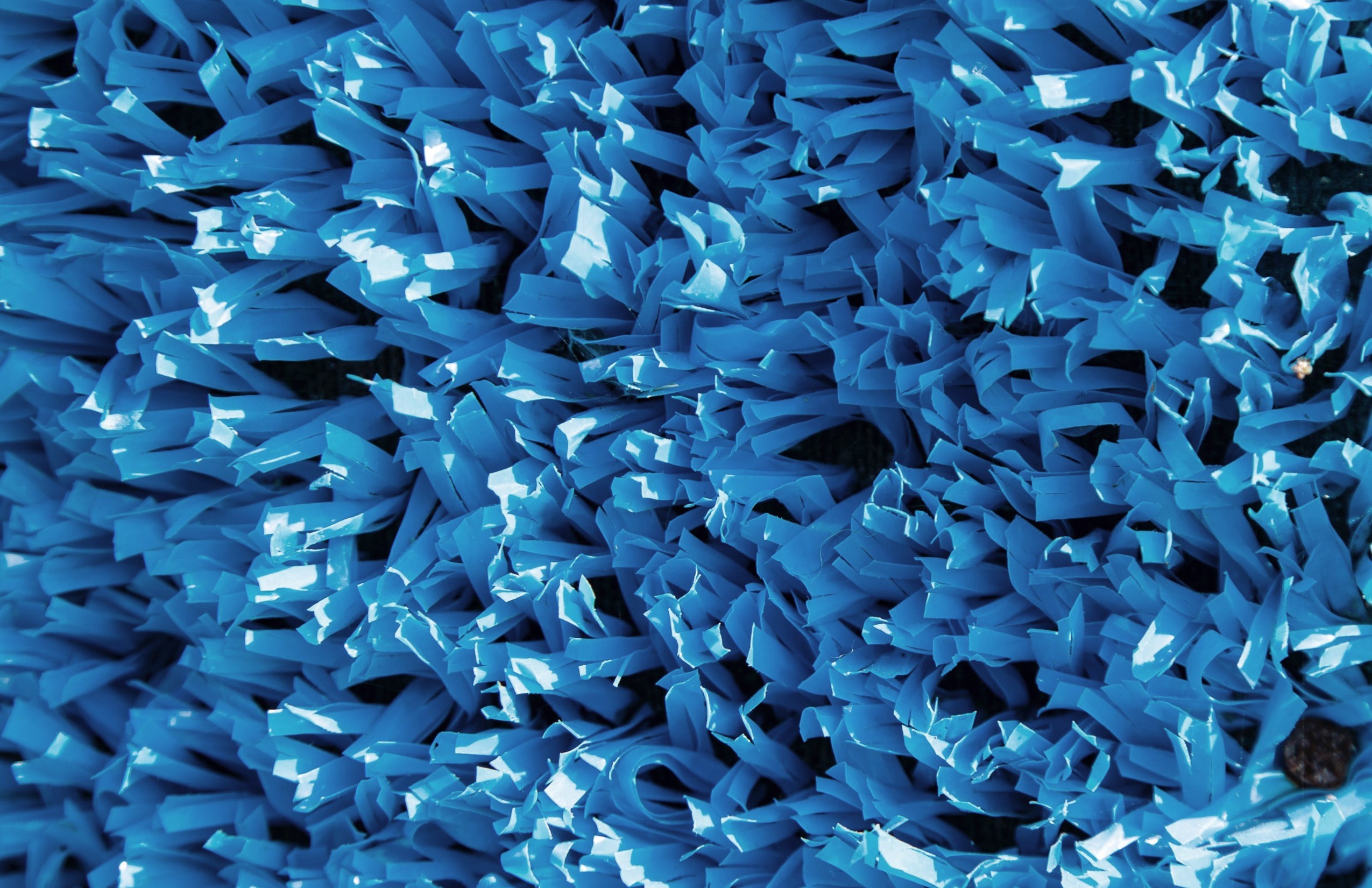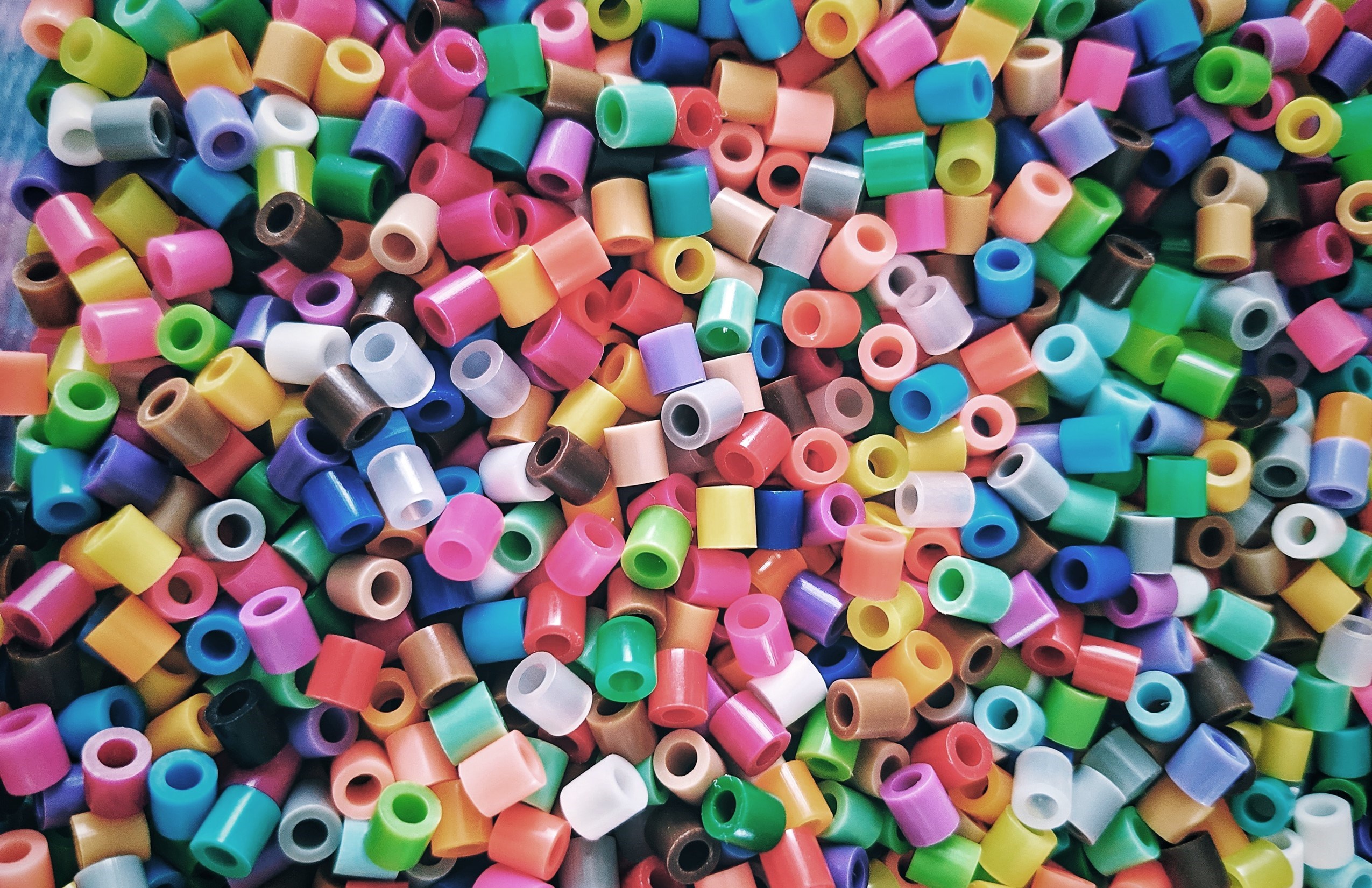
Establishing processes for a circular economy proposes a radical change in behavior for manufacturers and consumers. At Orbia, we fundamentally believe that these efforts will prevent humanity from having to choose between plastics and our planet.
We know our role. We know our responsibility. We know we can make a difference. Humanity shouldn’t have to choose between plastics and our planet.
At Orbia, we primarily manufacture long-term plastic products and solutions that have a life of 50 years or more, and as a player in the plastics industry, we must help set an example of what we are doing and what can be done and discover new groundbreaking ways to build the health of our planet, for the sake of all living things.
Most of the lifecycle of plastic products has been leveraged for the maximum return on investment, however, there is opportunity for vast improvement in the end of life for plastics, particularly the take-make-waste one-time-use plastics.
In 2019, the global production of plastics reached 368 million metric tons, and yet the amount recycled is relatively low.
"Only 9% of all plastic waste ever produced has been recycled. About 12% has been incinerated, while the rest—79%—has accumulated in landfills, dumps or the natural environment"
-UNP.org
The traditional linear economy of creating products is being replaced with circular economy models. Across the plastics industry, this revolution is sparking innovation and challenging our best and brightest to discover new ways of solving a 100-year-old problem: how can we get more value out of our plastics?
Circularity is based on three principles:
- design out waste and pollution,
- keep products and materials in use, and
- regenerate natural systems.
The entry point into a circular economy model is recognizing where we can improve our environmental impact to potentially solve the root issues of our worldwide environmental crisis.
“A circular economy for plastics is important to ensure we significantly reduce our use of plastics, as well as ensuring those plastics we do use are managed responsibly throughout their lifecycle.”
-Pacecircular.org
Reversing some of the most alarming trends threatening our planet does come at a cost, but it’s a price humanity can’t afford not to pay. As sustainability is an integral part of Orbia’s commitment to advance life around the world, Orbia is evolving toward an aligned, ambitious goal for plastic recycling across all business groups within the company.
Our first step toward achieving this goal was to identify the current ability and the potential to use recycled plastics in products to explore opportunities where Orbia can close the loop towards a circular economy.
“Working on the idea of reducing plastic waste from the globe was a great experience. Analysis of collected data showed us we have significant opportunities to consume more recycled material, while maintaining the quality of the products,” Hitesh Yadav, Quality Assurance Assistant Manager at Neemrana, India, Dura-Line, a subsidiary of Orbia. In 2020, Hitesh worked with a team on a project called “Plastic from Plastic” which gained visibility in a companywide initiative to harness the innovative ideas of Orbia’s employees.
“Plastic from Plastic” emerged as one of many incredible project concepts from an employee innovation challenge special event focused on what “we” could accomplish globally that we couldn’t do individually. By shifting our thinking from “me” to “we”, employees from across 52 countries suggested an impressive 752 ideas, designed to drive impact.
Chosen as one of the best overall projects, Hitesh’s team investigated current recycling processes and reuse initiatives, analyzing, assessing barriers and compiling best practices across three Orbia brands: Dura-Line, Netafim and Wavin.
Based on the detailed mapping and highlighting of strengths, weaknesses, opportunities, and threats, the team compiled internal and external research insights into a handbook designed to enable decision-makers to answer the questions: how much, where, and how can we introduce recycled plastic content in our products?
At Orbia, it is not a question of if, but of when and how. The Plastics from Plastics handbook is available for all levels of leaders within the organization to support Orbia’s efforts of becoming sustainable and future-fit.
Hitesh said, “It was a great journey, and we are looking forward to the application of the ideas and our work in Orbia to achieve our goal.”
Our next Plastic from Plastic action step is to establish a circular economy global forum to steer and track business progress to create a circular crowdsourcing program and begin circular manufacturing pilots across business groups.
Learn more about our in-house environmental measures to ensure manufacturing responsibly.
Sources Consulted for this Article:
- https://www.statista.com/statistics/282732/global-production-of-plastics-since-1950/
- https://www.epa.gov/facts-and-figures-about-materials-waste-and-recycling/plastics-material-specific-data#:~:text=While%20overall%20the%20amount%20of,plastic%20containers%20is%20more%20significant
- https://www.unep.org/interactive/beat-plastic-pollution/
- https://youmatter.world/en/definition/definitions-circular-economy-meaning-definition-benefits-barriers/
- https://www.greenbiz.com/article/3-ways-move-your-company-toward-circular-economy
- https://www.ellenmacarthurfoundation.org/explore/the-circular-economy-in-detail
- https://pacecircular.org/action-agenda/plastics
More Stories




